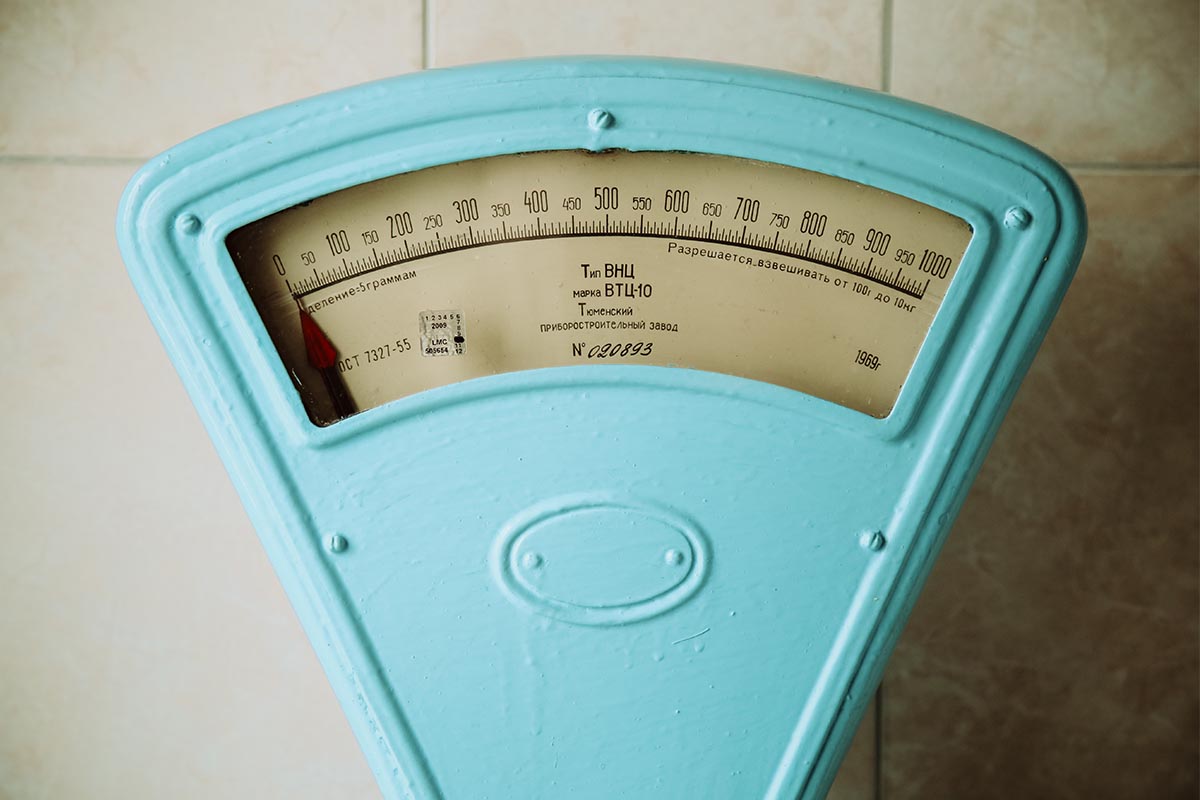According to a recent report from The Guardian, a startling number of British men and women suffering from eating disorders have been refused treatment over the last year. Why? It’s largely thanks to our old, useless friend: body mass index.
The outdated metric was recently in the news on this side of the pond for its role in COVID-19 vaccinations — in a number of states, a high-enough BMI met eligibility requirements for an early jab. That inevitably revived discussions on the inefficiency of the unit of measurement. It was invented 90 years ago by an insurance company (as a way to quantify the health and risk of contracted employees), modeled using white male bodies, and thinks Tom Brady is obese.
It’s a wonder, in other words, that it still dictates the judgment of certain health professionals, but that’s currently the case in the United Kingdom, where people are struggling to qualify for potentially life-saving eating disorder diagnoses because their BMIs aren’t low enough. A “healthy” BMI is considered anywhere between 18.5 and 24.9 (which is computed by dividing a person’s weight by the square of their height). It’s only once that number dips into the teens that some clinics will reason a patient needs treatment. But that’s a misconception; eating disorders, in fact, affect people of all shapes and sizes.
Dr Agnes Ayton, the chair of the Royal College of Psychiatrists, provided research to The Guardian that shows a fourfold increase over the last year in hospital admissions for men and women with eating disorders. In some cases, young women who appeared healthy were putting their bodies under so much stress (too much exercise, not nearly enough calories) that their menstrual cycles had stopped.
On the bizarre requirements for treatment, mental health campaigner Hope Virgo said to The Guardian, “Not only does this perpetuate the myth that eating disorders are all about weight and you can’t have one unless you weigh a certain amount, but it also fuels the eating disorder, the competition, the shame, and guilt that an individual feels.”
After all, some people who know they need help — and even attempted to receive it — may try to lose more weight in order to qualify. It’s a bad look, and yet another reminder that we should never weigh BMI too heavily.
The Charge will help you move better, think clearer and stay in the game longer. Subscribe to our wellness newsletter today.



















